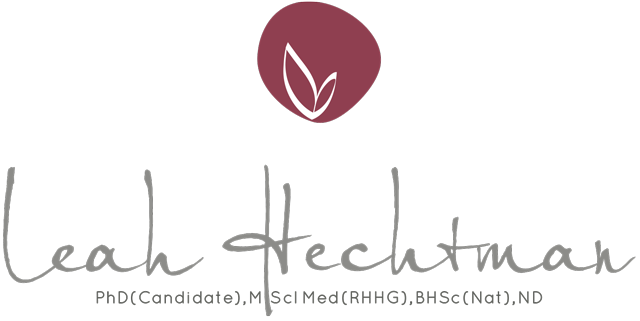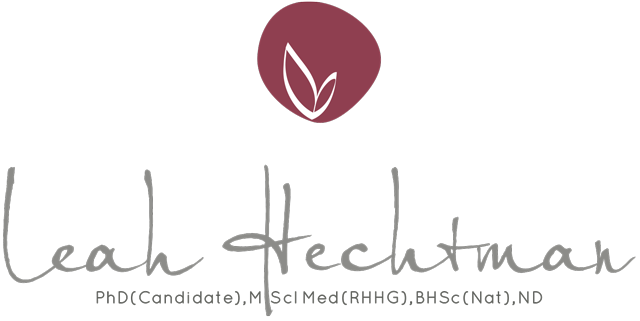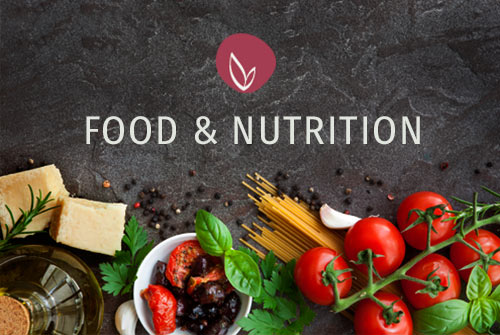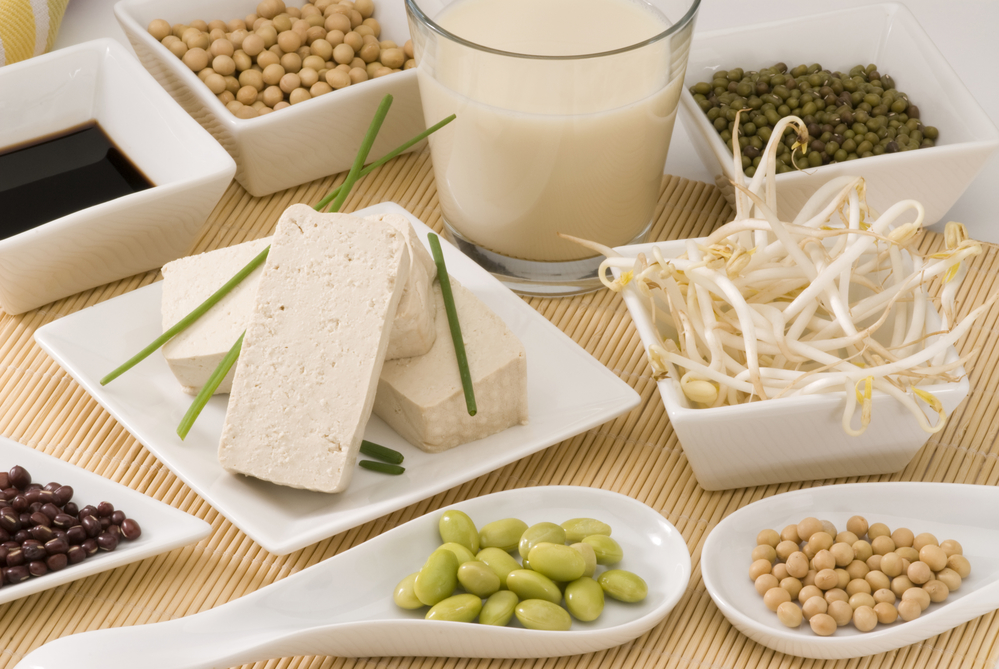Snacks are essential for some, ideal for others and less important for a few. They are a varying component of our diets, and are determined by the rest of our meals consumed. Ultimately it all depends on how well you eat for the rest of the day to determine if you need to eat a snack at all.
The best way to understand this is to consider a variety of dietary patterns to see who should be having a snack, why they may need to eat one, and what would foods would be best for them to consume.
Scenario one
In this typical scenario we have a person who has consumed a diet focussing on highly refined carbohydrates for a number of years. They present as hypoglycaemic (low blood sugar) and are irritable, easily fatigued and prone to headaches. They are the type of person who if they miss a meal becomes the nightmare of the office/home. These people are typically sugar junkies, eat minimal protein and consume enormous quantities of carbohydrates. They need snacks to help balance their blood sugar levels.
The best approach for these people is to provide simple protein hits throughout the day to reduce sugar cravings, maintain energy levels and give their body fuel to survive the day. Snacks such as yoghurt with LSA meal (linseed, sunflower and almond meal) or a handful of natural nuts and seeds provides a quick protein source to fuel them before their next meal. Of added benefit, is that the protein hit will help to improve their palate, reduce their cravings and help them make healthier choices for the upcoming meal.
Scenario two
Our second scenario provides us with someone who is trying to either lose or maintain their weight at a healthy level. These people find that regular smaller meals (i.e. six smaller meals rather than 3 large meals and 2-3 snacks) enable them to balance their blood sugars and keep their metabolism regular.
The human body has a spectacular gland connected to the endocrine system called the thyroid gland which governs our metabolism and weight balance. The thyroid gland responds best to blood sugar levels that don’t have big peaks or dips. The body technically fasts while we sleep so as soon as we wake we need to encourage small frequent meals eaten every 3 hours. Preferred snacks for this scenario includes cut up vegetables with humous, tahina or babaganoush (non-mayonnaise) or rice cakes with humous, avocado and tinned salmon.
Scenario three
Our third scenario outlines a person who eats three substantial meals per day, their weight is within their healthy weight range and their appetite is satiated by their meals. Their meals provide them with sufficient nutrients to sustain their energy levels and they are also able to maintain their blood sugar levels and metabolic rate sufficiently. These people have maintained a steady, healthy diet for an extended period of time so their body’s appetite and sense of satiety reflects this.
Snacks for these people may consist of a herbal tea, a fresh vegetable juice or a piece of fruit. Their snack focuses on hydration rather than food.
Conclusion
Overall we can see that snacks are an essential aspect of our diet if our meals are insufficient or lacking in vital nutrients. The quantity and type of food required is highly dependant of the other meals provided throughout the day. Remember that the meals you ate yesterday are just as influential as the meals you ate today on your choice for a snack. Potato chips, chocolate, lollies and the extra cookie from the office jar are telling you more about your dietary pattern than you realise.
A really simple and useful exercise is to write down everything you eat and drink without judgement and observe patterns and triggers. Try to assess your meals objectively and then you will understand why you make the snack choices you do. Going through these assessments with a Naturopath can provide you with added insights when necessary. Ultimately it is about your relationship with your body and connecting you to understanding ‘you are what you eat’.
© Leah Hechtman







